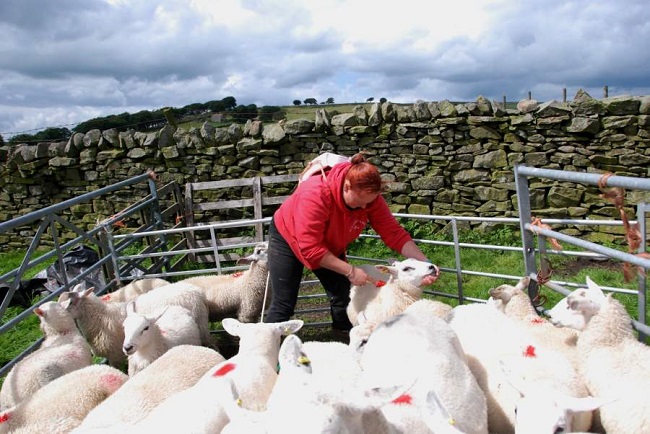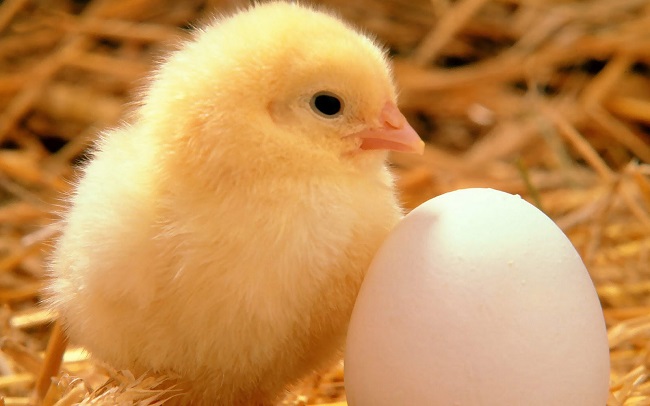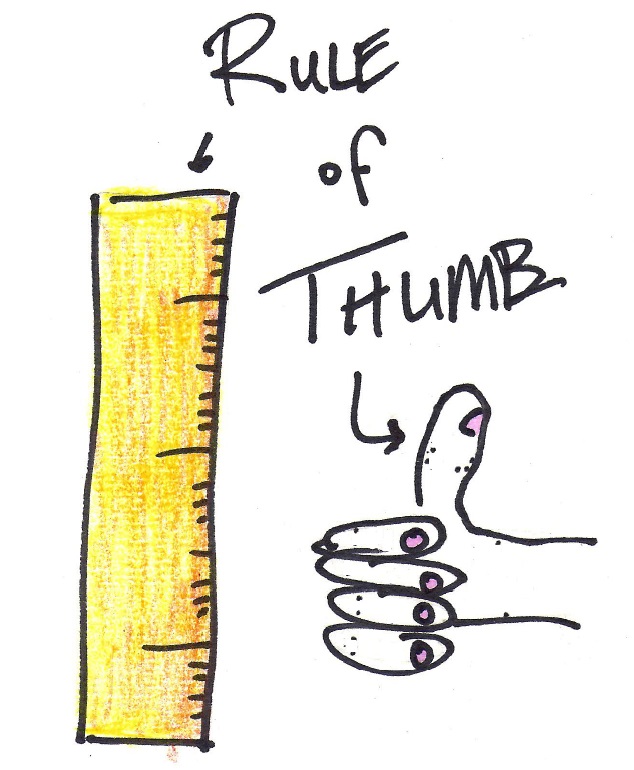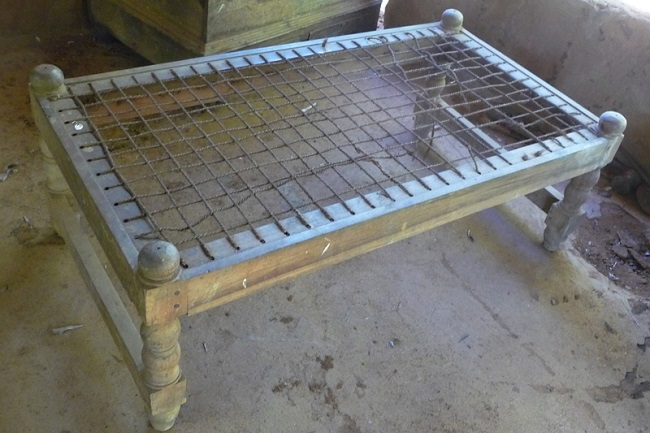11More Than You Can Shake a Stick At
Advertisement
It means owning more than you need and among common expressions, it applied to farmers who had more sheep than they could control so they would shake a stick at the sheep to herd them.
There is another opinion that too many to shake a stick at is an indication of fallen enemies. “Not worth shaking a stick at” indicated a person associated with an enemy who was not worthy enough to be counted as one.

Image Source: www.farminguk.com
12No Spring Chicken
Advertisement
It meant a person who was old and experienced. Chicken farmers were habituated to selling chickens in spring so that chickens born in springtime fetched more earnings because they lasted the winter. Farmers would also try to sell old birds as spring chicken and it was buyers who brought out the expression “No spring chicken”.
The expression was associated with people regarding themselves experienced and who proved their intelligence and thus wanted people to regard them as such and not question their abilities. It’s the same as saying “I’m no spring chicken”

Image Source: www.vizyontavukculuk.com
13Rule of Thumb
Advertisement
This implied a fair and standard practice. The story goes that a 17th-century judge made it permissible for husbands to beat their wives with a stick although the stick should not be wider than his thumb. Thus it was known as the rule of thumb. You can’t really expect to remotely practice that today or else your wife may end up breaking your thumb.

Image Source: www.daysgoneby.me
14Sleep Tight
Advertisement
Today “sleep tight” means to have a good night’s sleep. The term originated in the middle ages when mattresses were held in place by ropes. The ropes needed to be tight in order for the mattress to be firm and tight. The ropes were periodically tightened to ensure that the person would have a good sleep. Hence it became to be known as ‘Sleeping tight”

Image Source: www.pbase.com
15Break a leg
Advertisement
To “Break a leg” is an idiom in English theatre that was used for wishing performers good luck. It was ironic of course because in those days people were superstitious. They believed that wishing someone good luck before an event might bring about bad luck instead. Thus they wished something harmful to ensure the opposite happened.
Like fashion, expressions too are different from modern languages were today to associate something cool or nice, don’t we say “Im bad or He’s bad!!
